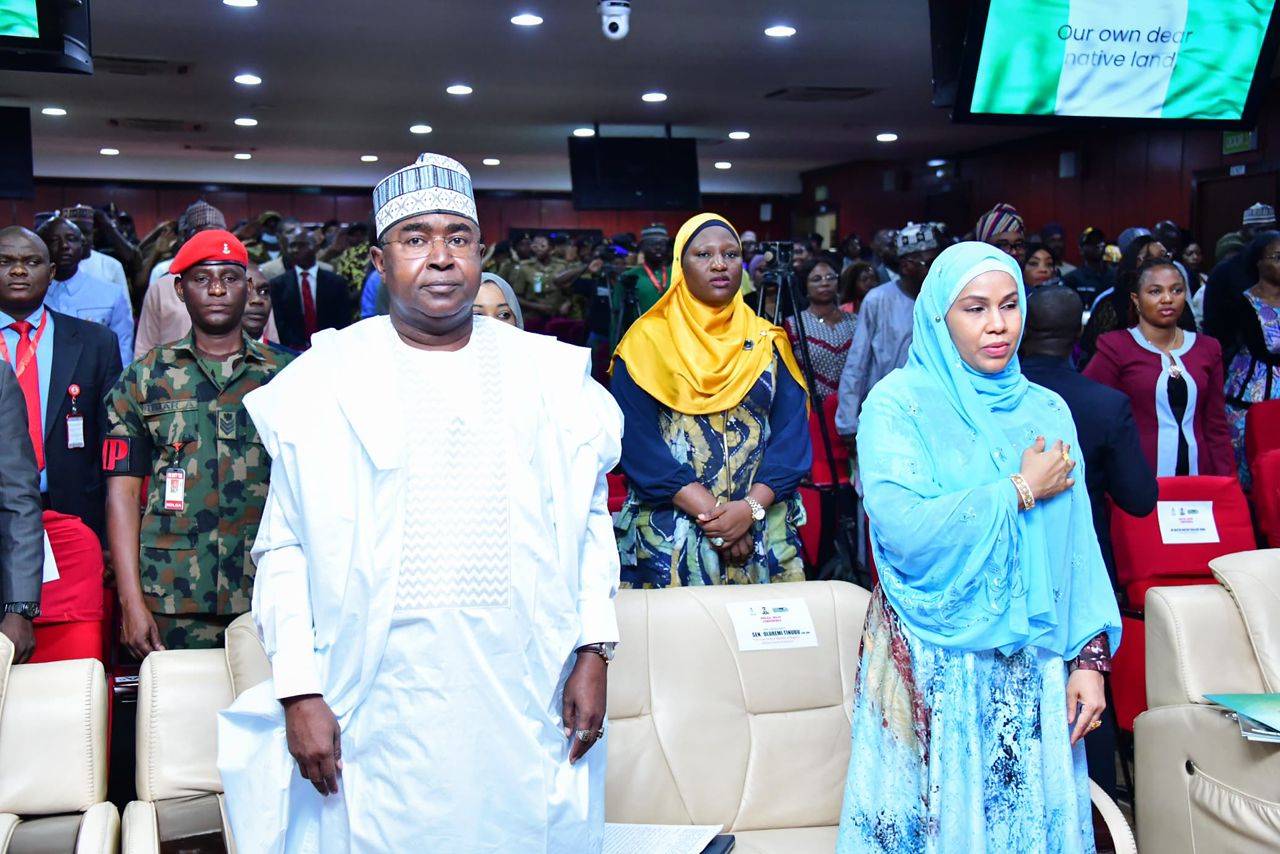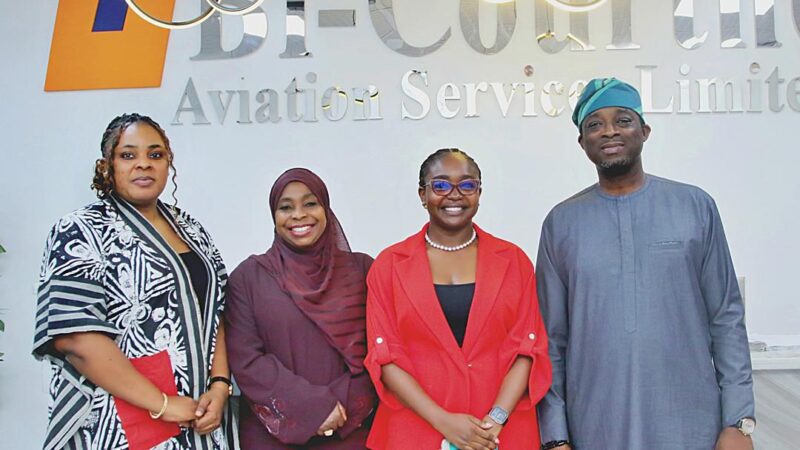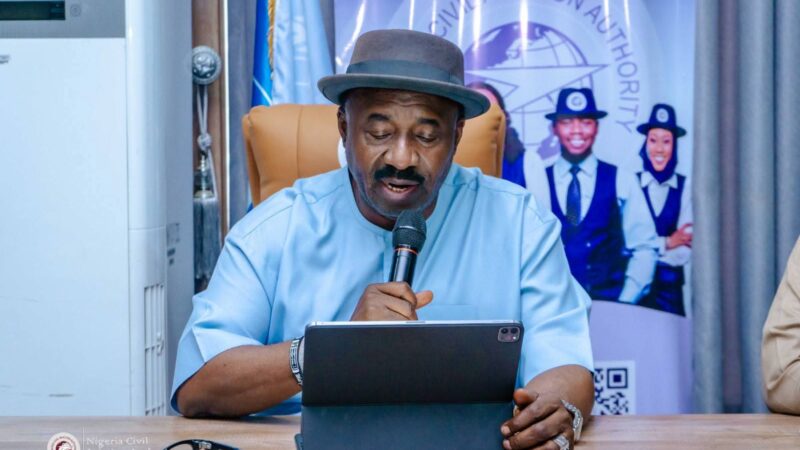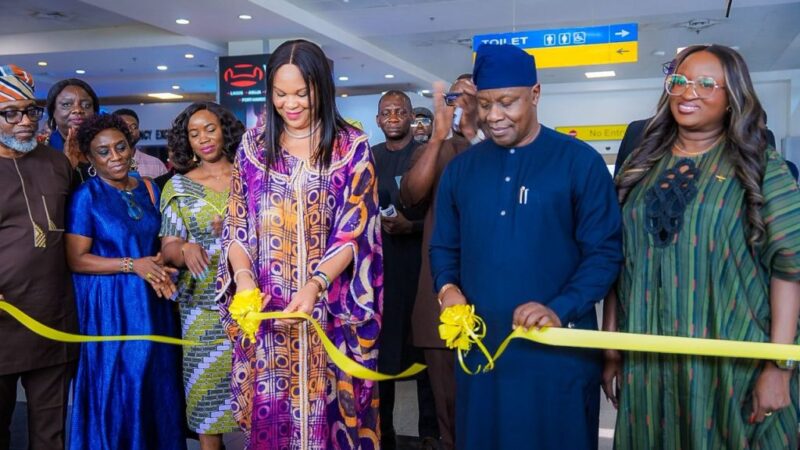Remi Tinubu, UNODC, Marwa Urge States to Embrace Community-Based Action in Drug War

…Over 62,000 arrested, 10.3 million kg of drugs seized, and 11,628 convicted in 51 months – NDLEA
The First Lady of Nigeria, Senator Oluremi Tinubu, alongside the United Nations Office on Drugs and Crime (UNODC) and the National Drug Law Enforcement Agency (NDLEA), has called on state governments to intensify community-based interventions as part of a national effort to combat the rising scourge of substance abuse and illicit drug trafficking.
The call was made during a capacity-building training organised by the NDLEA for members of the Nigeria Governors’ Spouses’ Forum (NGSF) in Abuja on Tuesday, 6th May 2025.
The high-level workshop brought together key stakeholders including the NDLEA Chairman and Chief Executive Officer, Brig Gen Mohamed Buba Marwa (Retd), UNODC Country Representative Cheikh Ousmane Toure, and ECOWAS Drug Control Division Head, Dr Daniel Amankwaah.
Delivering the keynote address on behalf of the First Lady, the wife of the Deputy Senate President, Hajiya Laila Jibrin Barau, emphasised the urgent need for strategic, localised responses.
Senator Tinubu lauded the NDLEA’s tireless efforts under Marwa’s leadership, describing them as “courageous and resolute in confronting the menace of illicit drug abuse and trafficking in the country.”
She said: “This training could not have come at a better time, as both statistics and daily realities show that drugs have permeated every nook and cranny of our communities. The rising tide of drug and substance abuse among adolescents is a challenge that requires a unified, community-driven response integrating enforcement, education, and family support.”
Senator Tinubu underscored the importance of prevention, early intervention, and holistic treatment, particularly for vulnerable groups. “As state First Ladies, you owe our people the duty to lead by example, bear their burden, and share in their pain. We must become advocates for those silenced by addiction and lead initiatives that support recovery and reintegration.”
She urged the participants to work closely with NDLEA, other government agencies, civil society, health professionals, and educators in fostering resilience at the community level.
In his welcome address, NDLEA Chairman Marwa detailed the strides made in tackling the drug problem over the last 51 months. He revealed that from January 2021 to March 2025, the agency arrested 62,595 drug offenders, including 68 identified drug barons, secured 11,628 convictions, and seized over 10.3 million kilograms of various illicit drugs.
“In addition, 1,330.57 hectares of cannabis farms were discovered and destroyed,” Marwa said. “On the demand reduction side, 24,375 drug users received counselling and treatment in NDLEA facilities, while over 10,500 drug sensitisation programmes were held across communities under the War Against Drug Abuse (WADA) campaign, reaching nearly four million Nigerians.”
He urged state governments and first ladies to not lose hope, stressing that “since it is at the community level that the burden is most acutely felt, it is vital we develop indigenous and pragmatic solutions that respond to the lived experiences of our people.”
Marwa called for the revitalisation and strengthening of State Drug Control Committees (SDCCs) as platforms for multisectoral collaboration. “The cost of inaction is infinitely higher than the cost of collective action,” he warned.
UNODC Country Representative Cheikh Ousmane Toure echoed the call for grassroots ownership of the drug control agenda. He charged the first ladies to utilise their influential positions to push for state-led resource mobilisation and decentralised access to treatment.
“You are custodians of trust in your states,” Toure said. “When you act, the community follows. States must prioritise funding for drug control, build safe counselling spaces, and adapt evidence-based programmes to local contexts.”
In a similar vein, ECOWAS’ Dr Daniel Amankwaah encouraged state-level investment in both prevention and treatment, highlighting the regional impact of Nigeria’s drug control efforts.
The technical session featured insights from leading experts in drug prevention and rehabilitation, including Dr Martins Agwogie, Prof Akintunde Oyedokun, Dr Akanidomo Ibanga, Dr Kunle Adeshina, Dr Abubakar Salami, and Dr Ngozi Madubuike.
The workshop concluded with a renewed pledge by the governors’ spouses to champion drug prevention initiatives and reinforce community resilience against the scourge.







